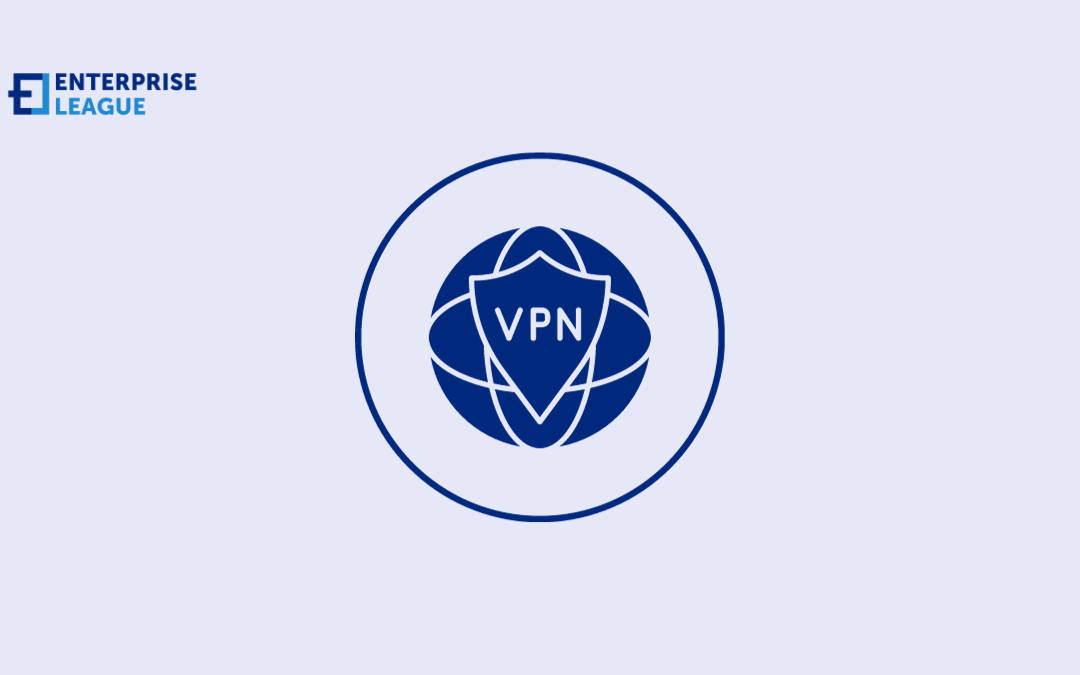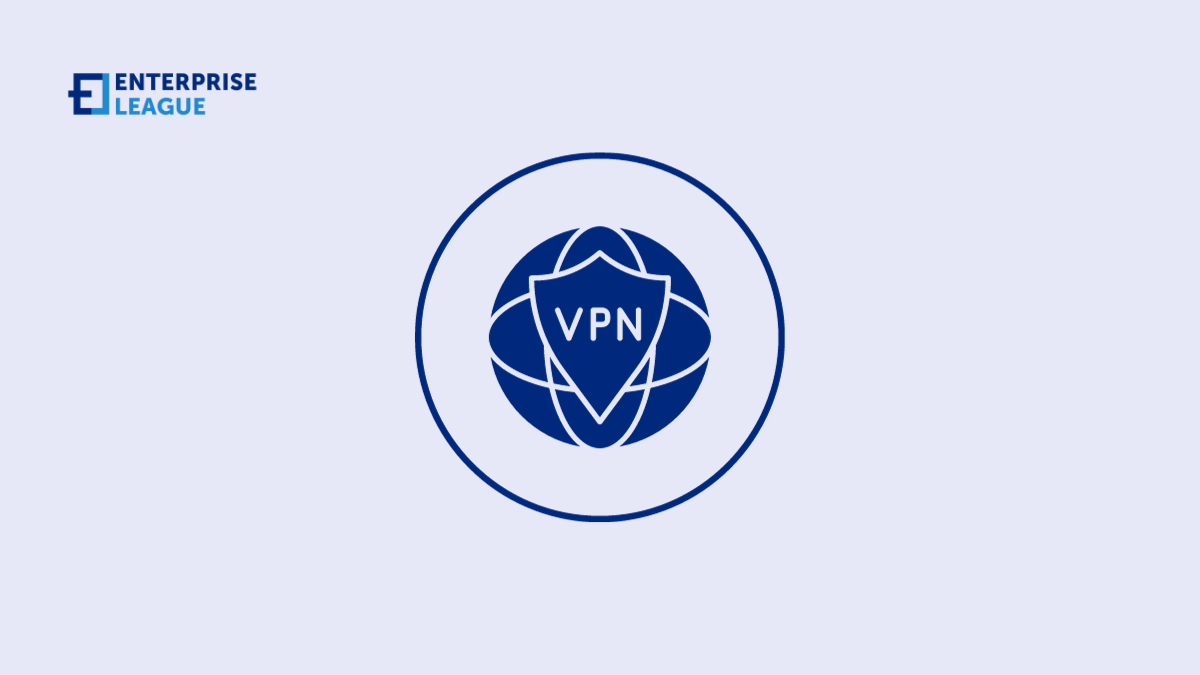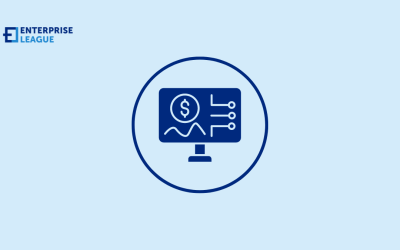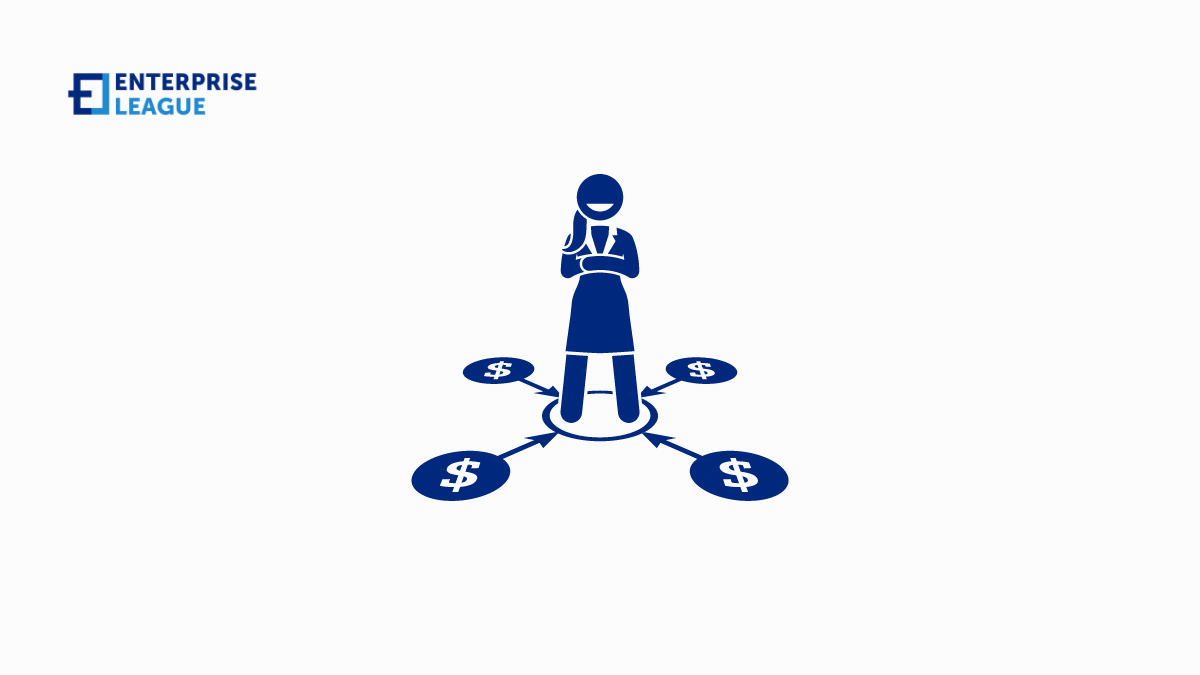From decentralized exchanges to yield farming platforms and tokenized real-world assets, let’s see the role of Web3 development companies in DeFi solutions

Benefits of VPNs for small businesses
When you use a VPN service, your device doesn’t connect directly to the websites you visit. Instead, it routes through a private, encrypted tunnel before reaching the open internet. This secure middleman obscures your digital identity, hiding details that could expose your browsing to prying eyes. Users’ data becomes practically anonymous as it passes through this protected conduit, safeguarded right up until it reaches the desired online destination.
With numerous VPN options available, it’s worthwhile to invest time in comparing VPNs and choosing the one that best suits your business needs.
5 benefits of using VPNs for small businesses
Here are the some benefits that small businesses are getting when using a VPN service:
Customer data privacy
By encrypting all internet traffic, VPNs allow small businesses to transmit customer data, financial documentation, intellectual property, confidential communications and other proprietary information through public networks without fear of sensitive details being revealed if compromised. This makes day-to-day business operations possible with minimized risk, protecting vital data resources.
For any small business, VPN encryption delivers peace of mind that critical business systems can connect through necessary yet vulnerable digital channels without exposing valuable company and customer data assets.
Safe online transactions
Conducting transactions online after COVID has almost become the norm and the security of both the business and customer financial data is paramount for small businesses.
By encrypting the internet connection, VPNs create a secure tunnel for data transmission, significantly reducing the risk of sensitive information like credit card numbers, bank details, and personal customer data being intercepted by cybercriminals.
This level of security is especially vital for small businesses that may not have the extensive cybersecurity infrastructure of larger corporations but still require the same level of trust and safety in their online dealings.
Remote access
VPNs provide secure remote access to a company’s internal network, allowing employees to access files, applications, and systems as if they were physically present in the office. This secure connection is particularly crucial for small businesses that often rely on a mobile workforce or have limited physical office space.
Remote work has made online security more important than ever. A VPN not only protects sensitive data but also allows access to region-restricted tools and content. For example, if your business needs to connect through U.S. servers for work or research, you can easily install a USA VPN to ensure both privacy and reliability while browsing.
By-passing geo-restrictions
By connecting to servers in different countries, VPNs allow small businesses to virtually position themselves in any region, enabling access to a broader range of online content, tools, and services.
This capability is particularly beneficial for businesses involved in market research, international trade, or those seeking to expand their reach into new markets. It also aids in testing and ensuring the proper functioning of websites and online services in different geographical locations.
Building trust with clients
When clients know that their sensitive data is transmitted over secure, encrypted connections, their trust in the business is significantly bolstered. This trust is especially important for new or growing businesses that are still establishing their reputation.
Conclusion
From bolstering data privacy and enabling safe online transactions to facilitating remote access for employees and bypassing geo-restrictions, VPNs offer a multifaceted solution that addresses key business challenges. More importantly, they play a pivotal role in building and sustaining client trust – which makes VPNs no longer optional luxuries but fundamental components for small businesses aiming to thrive and succeed.
More must-read stories from Enterprise League:
- Inspiring quotes about supporting small businesses.
- Engaging online networking events that you should not miss.
- Golden rules about Google advertising for small businesses.
- Learn how to deal with rude customers in a creative way.
Related Articles
The role of Web3 development companies in building DeFi solutions
How to enhance the quality of your workforce
In this article we will discuss about how to build a quality workforce by using the right formula and create high-performing team that drives business success.
Driving success: Key strategies for accelerating business performance
Let’s discuss more about the key strategies for accelerating your business performance and ensuring that your organization remains profitable on a long run.
Why AI-powered customer service is a game changer for businesses
AI-powered solutions have emerged as the perfect solutions to power up service teams and help them achieve faster speed and efficient customer responses.
How to find a reliable white-label SEO company
Avoid any costly mistakes when choosing a white-label SEO partner by learning what to look for and which questions to ask before signing any contracts.
















